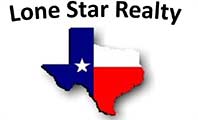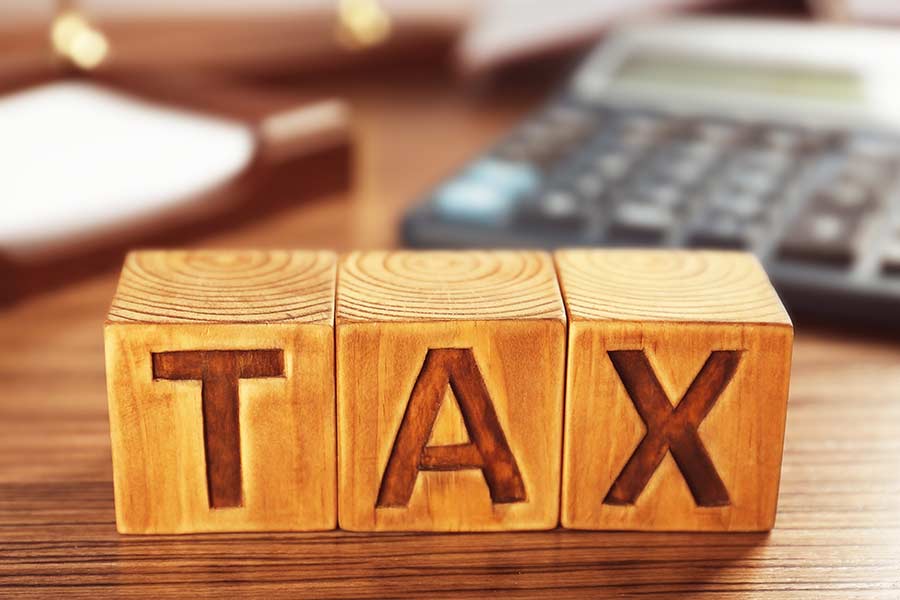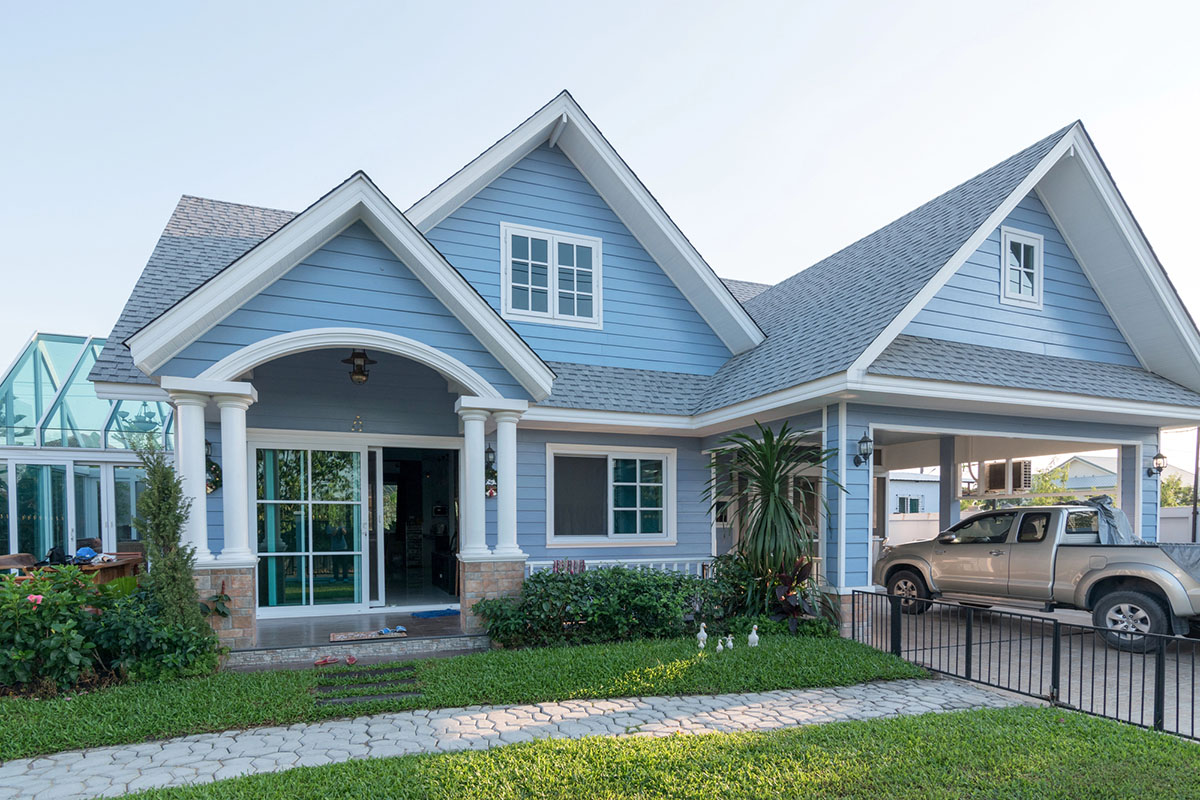Anyone who owns property in Texas knows that over time, property value increases. Because your property taxes are not based on what you paid for property but based on assessed value, this amount goes up each year. For some homeowners, the bill can become quite daunting. To get around this, it is best to make sure you are taking advantage of every exemption the state allows. Read on to learn about some of the exemptions available and which ones might apply to you.
Residence Homestead Exemption
For those individuals (not corporations) who have a primary residence in Texas, you can deduct up to $25,000 from your home value from your school district property tax. For example, this means that rather than $25,000 off the tax due, it deducts $25,000 from a $125,000 property so that you only have to pay on the first $100,000. Taxing units (meaning municipal, school districts or counties) are also separately allowed to deduct up to 20% of the total home value from the taxable amount of the property value, but no less than $5,000 no matter what the amount granted is.
For example, the city of Austin just expanded their separate deduction from 10% on primary residences to 20% off the taxable amount of the home’s value. Any structure that someone would have to pay property tax on that is lived in by it’s primary resident is included in this number, as is up to 20 acres of land . County tax exemptions include $3,000 off of the taxable value of your home for any county that has an additional tax for flood prevention or farm to market roads.
Senior or Disabled Residence Homestead Exemption
The first of these is for school district taxes for anyone who is disabled or over the age of 65. The amount deducted for disabilities is on a sliding scale, but 100% disability is $10,000. The maximum exemption from the value of your home is $10,000, and the senior discount cannot be chosen alongside the disability exemption. Separately, up to $3,000 of home value can also be allowed to be exempted by any taxing unit.
Solar and Wind Renewable Energy Exemption
In 1978, Texas voters approved a property tax value exemption on solar energy and wind energy generating equipment for both large scale commercial use and for individual renewable energy additions on residence homesteads. For commercial use, like the agricultural exemption, it is not a deduction of amount owed or taxable property value, but a different way of assessing the value to be taxed. For individuals who own certain renewable energy devices, the amount you can be taxed is reduced by the dollar amount of the value added on to the assessment through qualifying renewable devices.
Renewable devices that qualify include any device that generates energy using the sun, no matter the specific means of energy harnessing or storage. For wind-based renewables, anything that interacts with the sun to generate energy will qualify as something that can give you a tax exemption, regardless of the device’s specific methodology. If its primary means is to save money on energy but it does not specifically create energy, it will not be included. Examples might include double-paned windows or tinted windows.
Agricultural Exemption
One of the most commonly received exemptions in certain counties is the agricultural and timber exemption, commonly referred to as the ag exemption. This allows anyone with more than 10 acres to exempt land from ad valorem property taxes if they are using their property for agriculture or timber growing to generate income. In Caldwell County for someone being taxed by Lockhart ISD, 100 acres of land valued at $3,000 per acre being held without agricultural use was taxed at $3,558. If you have 100 acres of agricultural land, then your tax bill will be reduced to $83.
Leasing your land to someone who grazes cattle counts as well, and it does not have to be you doing the ranching or farming. It does need to be done for 5 of the last 7 years, and you will be required to apply to for the exemption every 5 years to the local tax collector (in Caldwell County, this is The Appraisal District). Instead of being a true exemption, it is instead a special method of deciding your tax burden. It applies to land only, and will not apply to any improvements made on the land including things such as barns, large storage, and other buildings. Things such as feeding troughs, roads and fences are included as land.
All allowed uses are as follows, as laid out in the Texas Tax Code, which states that “agricultural use includes but is not limited to the following activities:”
- Cultivating the soil
- Producing crops for human food, animal feed or planting seed or for the production of fibers
- Floriculture, viticulture, and horticulture
- Raising or keeping livestock
- Raising or keeping exotic animals for the production of human food or of fiber, leather, pelts, or other tangible products having a commercial value
- Planting cover crops or leaving land idle for the purpose of participating in any governmental program or normal crop or livestock rotation procedure and wildlife management
Hunting, collecting native species, or processing does not qualify as agricultural use.
Veteran’s Exemption
Another property tax exemption is the veteran’s exemption. Any veteran with disability and any surviving spouse or child of a veteran who qualifies can get an exemption of a specific amount, on a sliding scale. To qualify, the property must have been the veteran’s primary residence, the spouse cannot have remarried, and the property must remain their or the inheritor’s (if the veteran’s children) primary residence.
Below are the amounts allowed to be deducted from the property’s value based on the veteran’s disability rating:
- For 10% to 29% disability rating, up to $5,000 off the property value is allowed.
- For 30% to 49%, up to $7,500 is allowed.
- For 50% to 69% up to $10,000 can be deducted.
- For 70% to 100%, up to $12,000 is allowed.
- For veteran’s rated at 100% disability or more, or for those with a complete unemployability, a total exemption is allowed even if the property was donated by a charitable organization.
The full $12,000 can be deducted from the property’s value if the veteran is at least 10% disabled and over 65 years old, blind in one or both eyes, or has lost the use of one of their limbs.
Key Takeaways
With the recent rise in property values, property taxes have also risen. This increase even applies to homeowners that may have inherited the house during the last century or bought it 20 years ago. This leads to a lot of situations where finding any way to reduce your tax bill is very beneficial. Whether you can take advantage of these property tax exemptions will ultimately depend on your specific property and situation, but all exemptions add up. Even a couple hundred dollars a year can be very helpful.





